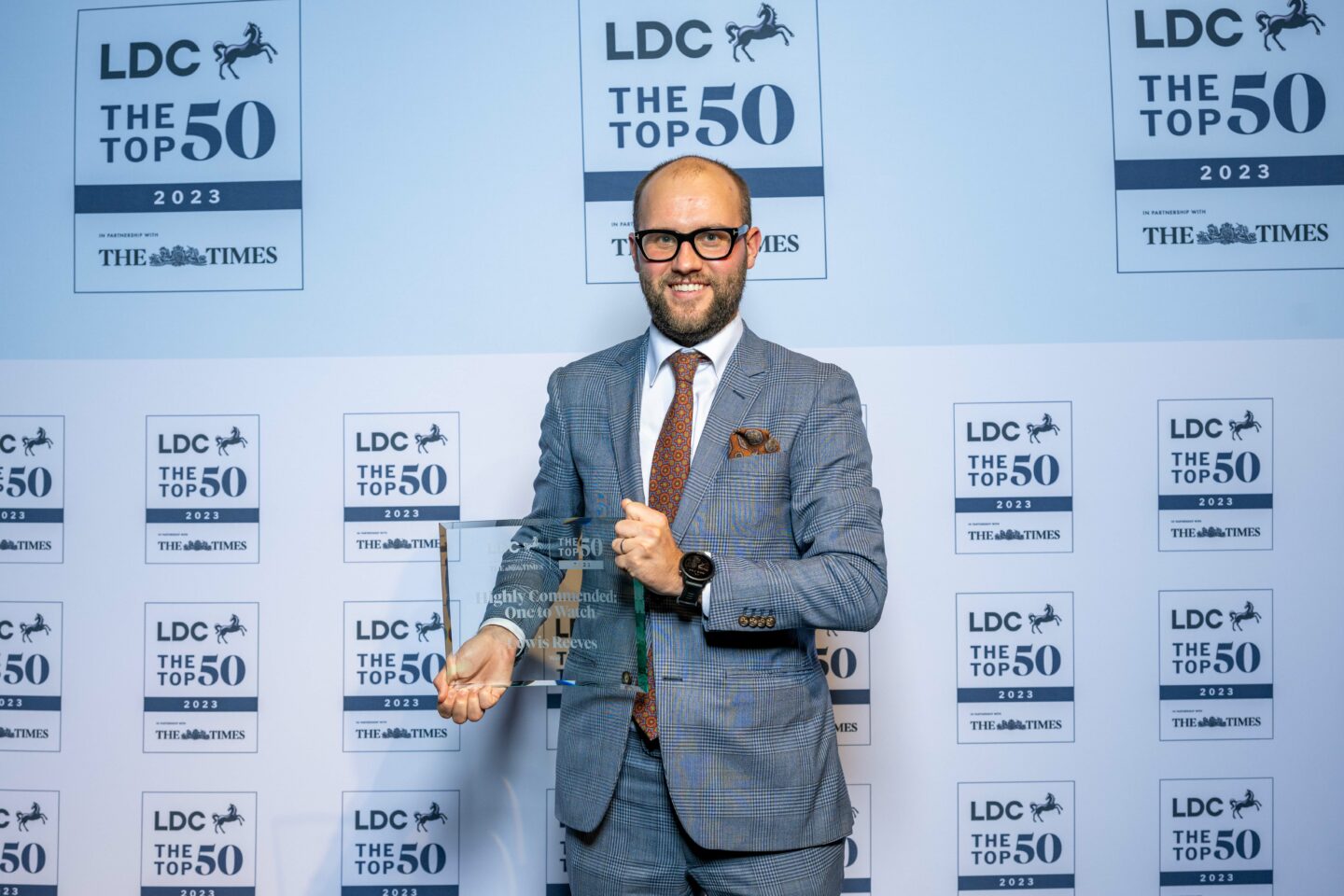How Consumer Opinion is Driving Businesses Towards a More Sustainable Future
Marketing Director, Beth Hewitt, looks at the power of consumer opinion in forcing businesses to reduce their environmental impact.

The Impact of Consumer Opinion in the Fight Against Climate Change
Historically, only a small strand of eco-conscious consumers, championing brands like Patagonia and Lush for their sustainable business models, were concerned with ethical business practices. But as environmentalism has become mainstream and global consciousness has shifted in recent years, average consumers are demanding more transparency from companies.
In a late 2021 study commissioned by sustainability charity, WRAP, it was found that 41% of the UK public wants businesses to be honest and regularly publish their climate targets so they can be held accountable. A consumer survey in 2022, carried out by YouGov, supports this insight, reporting that 35% of consumers would trust businesses’ commitment to sustainability if they had a “transparent, accountable, and socially and environmentally responsible supply chain.”
Times are changing. Now more than ever, the power is in the hands of the consumer as brands are being pressured by data-driven apps, such as Good on You, to meet their targets. With its easy-to-understand 1 to 5 sustainability score, Good on You enables consumers to look up a particular brand and within seconds see how responsible it is in terms of its impact on people, the planet and animals. This ease of access to such information empowers the consumer to make data-backed purchasing decisions.
A study by OC&C Strategy Consultants in 2022 suggested that 35% of UK consumers, representing £150 billion of retail spend, are actively avoiding brands they understand to be damaging to the environment. Textiles 2030, an initiative set up by WRAP, reported in 2022 – a year after its inception – that it had been signed by retailers and brands representing almost two-thirds of clothing placed on the UK market. It’s evident that increased pressure from consumers has led these retailers to act in an attempt to not be overlooked by more discerning buyers.
Tackling Climate Change Will Help Your Brand Thrive
The fashion and textile industry is just one example of consumer opinion changing and shaping how brands present their operations. Companies that want to thrive in the future need to align their values and efforts with the desires of the customer. They need to perform regular audits and transform this insight into positive change. By periodically checking in with their consumers, organizations can identify the degree to which they’ve met the expectations of their audience – and where they may be falling short.
Ultimately companies must recognize, buyers are making purchasing decisions on more than cost alone. If businesses don’t use data to their advantage, and find out what their customers are looking for, they will lose out in the long run.
Ready toexplore more?
Speak with us to see how Walr can work for you.
Insights from walr.

Lewis Reeves Wins Highly Commended: One to Watch Award

What did PowerPoint do to Anyone?







